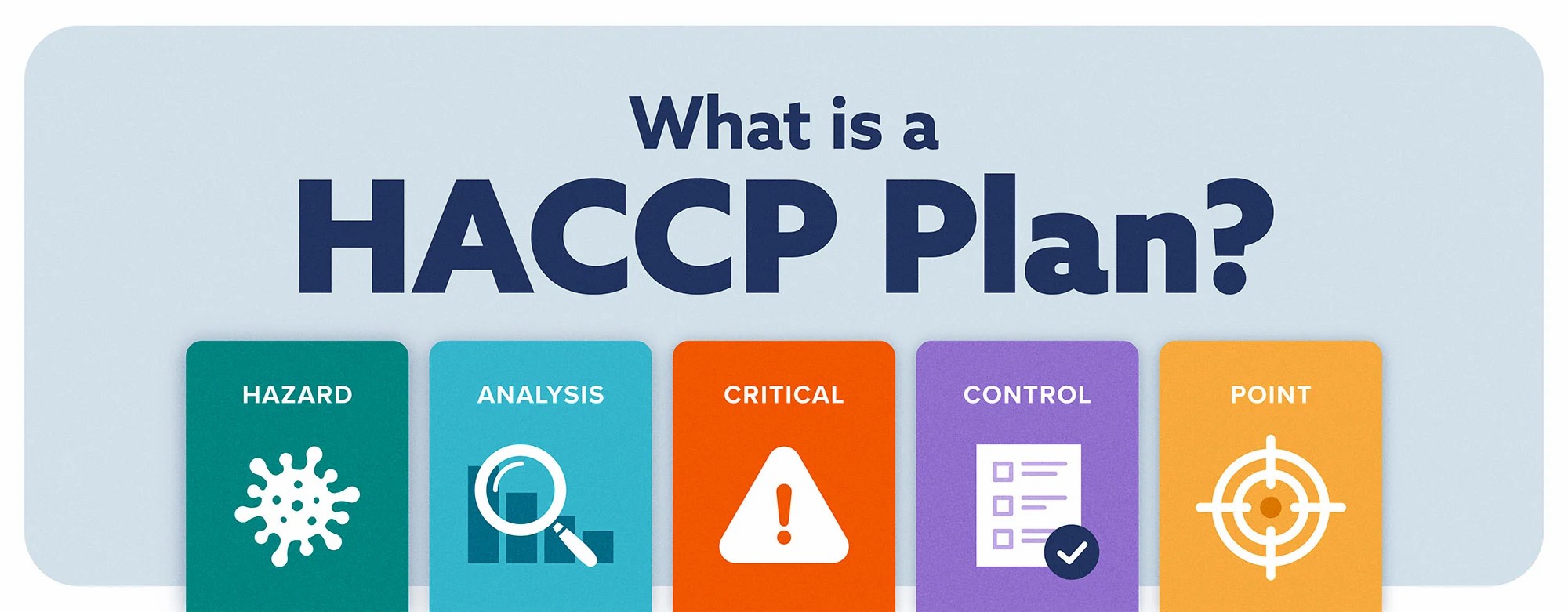Elevate Your Food Business: The Essential Role of HACCP Training in Compliance Across Ireland
When it comes to ensuring food safety, adhering to the Hazard Analysis Critical Control Point (HACCP) system is not just a regulatory requirement in Ireland and the EU, but a critical element for the success of your food business. Whether you operate a restaurant in Dublin, a catering service in Cork, or a food manufacturing company in Galway, understanding and implementing HACCP principles can profoundly impact your operations.
What is HACCP?
HACCP, short for Hazard Analysis Critical Control Point, is a systematic approach to food safety that identifies, evaluates, and controls hazards that are significant for food safety. This ensures that every step of the food production process is monitored and managed, from sourcing ingredients to serving the final dish.
The Importance of HACCP Training for Businesses in Dublin, Cork, Galway, Limerick, Waterford, and Belfast
Irish food safety regulations require all food businesses to comply with HACCP principles. This involves understanding the basic components of the system and conducting regular risk assessments. HACCP training offers several essential benefits:
- Ensures Compliance with Regulations: HACCP certification aligns your business with Irish and EU food safety laws, thus avoiding potential fines or closures.
- Enhances Food Safety: Trained staff are better equipped to identify and mitigate risks of contamination, reducing the likelihood of foodborne illnesses.
- Builds Consumer Trust: Businesses with HACCP certification stand out in the crowded food industry, assuring customers that food safety is a top priority.
- Increases Operational Efficiency: Understanding HACCP can lead to more streamlined processes, reducing waste and improving product quality.
Understanding the Principles of HACCP
HACCP is built on seven core principles:
- Conduct a Hazard Analysis: Identify potential contamination hazards tied to your food processes.
- Determine Critical Control Points (CCPs): Establish points during the food handling process where hazards can be prevented or reduced.
- Establish Critical Limits: Set parameters (temperature, time) to ensure that a CCP is under control.
- Set Up Monitoring Procedures: Implement procedures to monitor CCPs regularly.
- Establish Corrective Actions: Define measures to take when monitoring reveals that a CCP is not under control.
- Verification Procedures: Confirm that the HACCP system is working effectively.
- Record Keeping: Maintain documentation of all aspects of the HACCP plan.
How to Achieve HACCP Certification in Ireland
The path to HACCP certification is straightforward but requires commitment and diligence. Here’s a step-by-step guide:
- Enroll in HACCP Training: Choose an accredited HACCP training course that suits your business needs. Options include online HACCP training and on-site classes.
- Conduct a Hazard Analysis: Evaluate your operations to identify potential hazards.
- Develop Your HACCP Plan: Outline procedures, monitoring, critical limits, and corrective actions specific to your operations.
- Implement the Plan: Train your staff to follow the established HACCP plan effectively.
- Conduct a HACCP Audit: Assess the implementation and effectiveness of your HACCP plan.
- Apply for Certification: Submit your HACCP plan and records to an accredited certification body for review.
- Continuous Improvement: Regularly review and update your HACCP plan based on changes in operations or regulations.
Online vs. In-Person HACCP Training
With the rise of digital learning environments, many businesses are now considering the benefits of online HACCP training. Here’s a comparison of both:
- Flexibility: Online HACCP training allows staff to learn at their own pace and schedule.
- Cost-Effectiveness: Often, online courses are more affordable than in-person sessions.
- Engagement: In-person training often fosters better engagement with instructors and peers, which can enhance learning.
- Accessibility: Online training is particularly beneficial for businesses with multiple locations, allowing easy access for all staff.
Common HACCP Mistakes and How to Avoid Them
Even with the best intentions, businesses can make mistakes in implementing HACCP. Some common pitfalls include:
- Failing to document procedures properly.
- Inadequate staff training and engagement.
- Not regularly reviewing and updating the HACCP plan as needed.
- Ignoring audits and non-conformities.
By proactively addressing these areas, food businesses can maintain compliance and ensure food safety.
Conclusion: The Path to Safer Food Practices in Ireland
HACCP certification is not merely a legal requirement; it's an essential investment in your food business's future. With proper training and implementation of HACCP principles, food businesses in Dublin, Cork, Galway, Limerick, Waterford, and Belfast can cultivate a culture of safety that protects both their customers and their reputations.
Contact us today at [email protected] to learn more about our HACCP training courses and take the first step towards achieving HACCP certification for your business!



 349,500 Offered Certificates
349,500 Offered Certificates
 24/7 Online Training
24/7 Online Training
 Money Back Guarantee
Money Back Guarantee
 Fully Accredited Courses
Fully Accredited Courses
